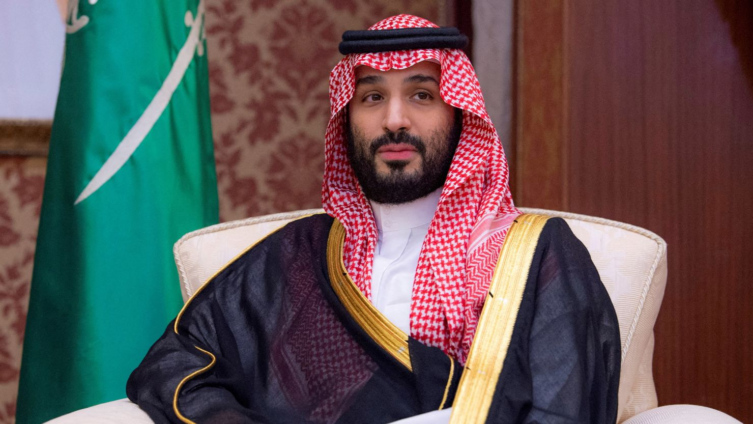Saudi Arabia's Prince, Mohammad Bin Salman, issued an order banning iftars in mosques ahead of Ramadan, tentatively slated to begin on March 11 and conclude by April 9 this year.
Saudi Arabia’s Ministry of Islamic Affairs issued a set of instructions for mosque employees to follow during the month of Ramadan in an order dated February 20, 2024.
The Ministry also issued orders restricting imams and muezzins from collecting financial donations for organising iftar feasts. The Islamic Affairs Ministry of Saudi Arabia also imposed a ban on organising iftar feasts inside the mosques, raising concerns regarding cleanliness.
In a post on X (formerly Twitter), the caption to the notice read, “The #Ministry_of_Islamic_Affairs, Dawah and Guidance issues a number of instructions related to mosques during the blessed month of #Ramadan 1445 AH."
The order stated, "Imams and muezzins in various regions of the Kingdom not to collect financial donations for Iftar projects for fasting people and others."
#Infographic |
— Ministry of Islamic Affairs (@Saudi_MoiaEN) February 20, 2024
The #Ministry_of_Islamic_Affairs, Dawah and Guidance issues a number of instructions related to mosques during the blessed month of #Ramadan 1445 AH. pic.twitter.com/bbyWZLeOwl
The notice, raising issues about cleanliness being compromised when iftar feasts are held inside mosques, directed imam and muezzin to oversee the organisation of these feasts in mosques’ courtyards and charged them with the responsibility to ensure cleanliness soon after the feast concludes.
The Ministry’s notice stated, “Iftar projects should not be held inside mosques due to concerns about cleanliness, so an appropriate place should be prepared in the mosques’ courtyards without the use of temporary rooms, tents, or the like, and that Iftar should be under the imam’s and muezzin’s responsibility, with the obligation of the one who breaks the fast to clean the place immediately after finishing food."
Moreover, the Ministry discouraged using cameras inside the mosque premises, stating that they should not be used to record the imam and worshippers offering namaz, as this undermines worshippers’ reverence.
The Ministry also issued orders that prayers should not be broadcast on media of any kind, including social media. Hence, no cameras will be allowed inside the mosque premises during prayer times, and visitors have been ordered to refrain from filming.
Additionally, instructions were issued to officials to avoid being absent during this crucial period and to maintain punctuality.
Latest Stories
-
Don’t allow Executive or Legislature to encroach on judicial independence – Justice Adjei
8 minutes -
Bibiani Goldstars crowned champions, squad rewarded by betPawa in bonus payout
11 minutes -
Capping Supreme Court judges won’t be helpful – Justice Suurbaareh
26 minutes -
Mahama is Ghana’s most prepared President – Gabby Otchere-Darko
38 minutes -
Samer Chedid succeeds Mauricio Alarcón as CEO of Nestlé Central and West Africa
1 hour -
Stephen Ntim takes temporal break as NPP Chairman due to health concerns
1 hour -
Abolish ‘Additional Judge’ practice in lower courts – Justice Dennis Adjei urges
2 hours -
District assembly elections are already partisan – Sir Dennis Adjei urges reform
2 hours -
Africa World Airlines reschedules Accra–Ouagadougou route launch to 1st July
2 hours -
Mahama vows to reignite dream of Bukom Boxing Academy
2 hours -
Once I put on my judicial cap, my faith has nothing to do with judgement – Supreme Court nominee
2 hours -
LGBTQ: Judges must uphold the law, not personal faith – Justice Dennis Adjei
3 hours -
“If you cannot marry at 16, why sex at 16?” – Justice Adjei punches holes in Ghana’s laws
3 hours -
Criminalise falsehoods online just like offline offences – Sir Dennis Adjei backs misinformation law
3 hours -
Rain‑soaked Accra turned electric as ‘3 Faces of Jeffrey Nortey’ sold out National Theatre
3 hours

